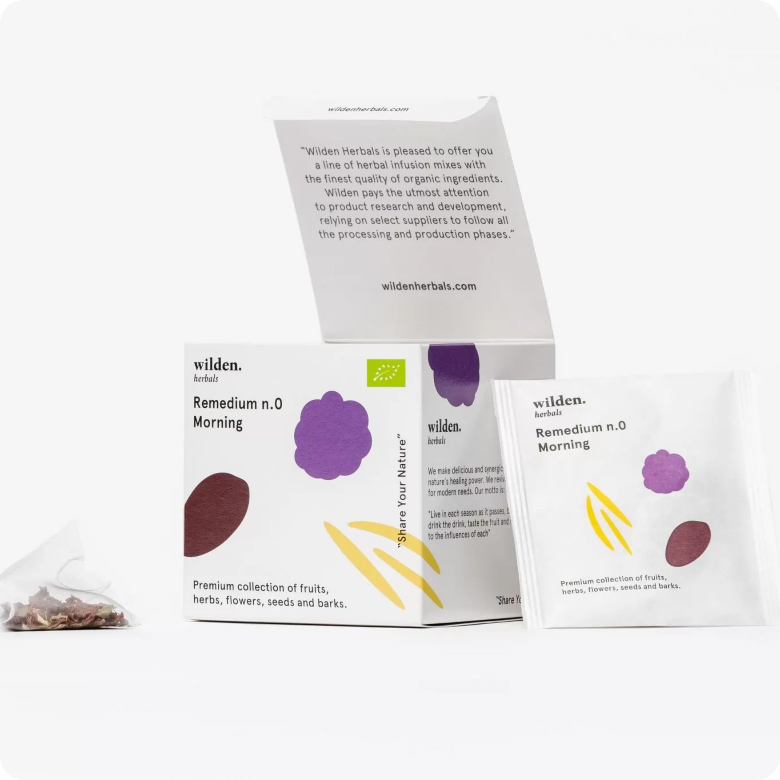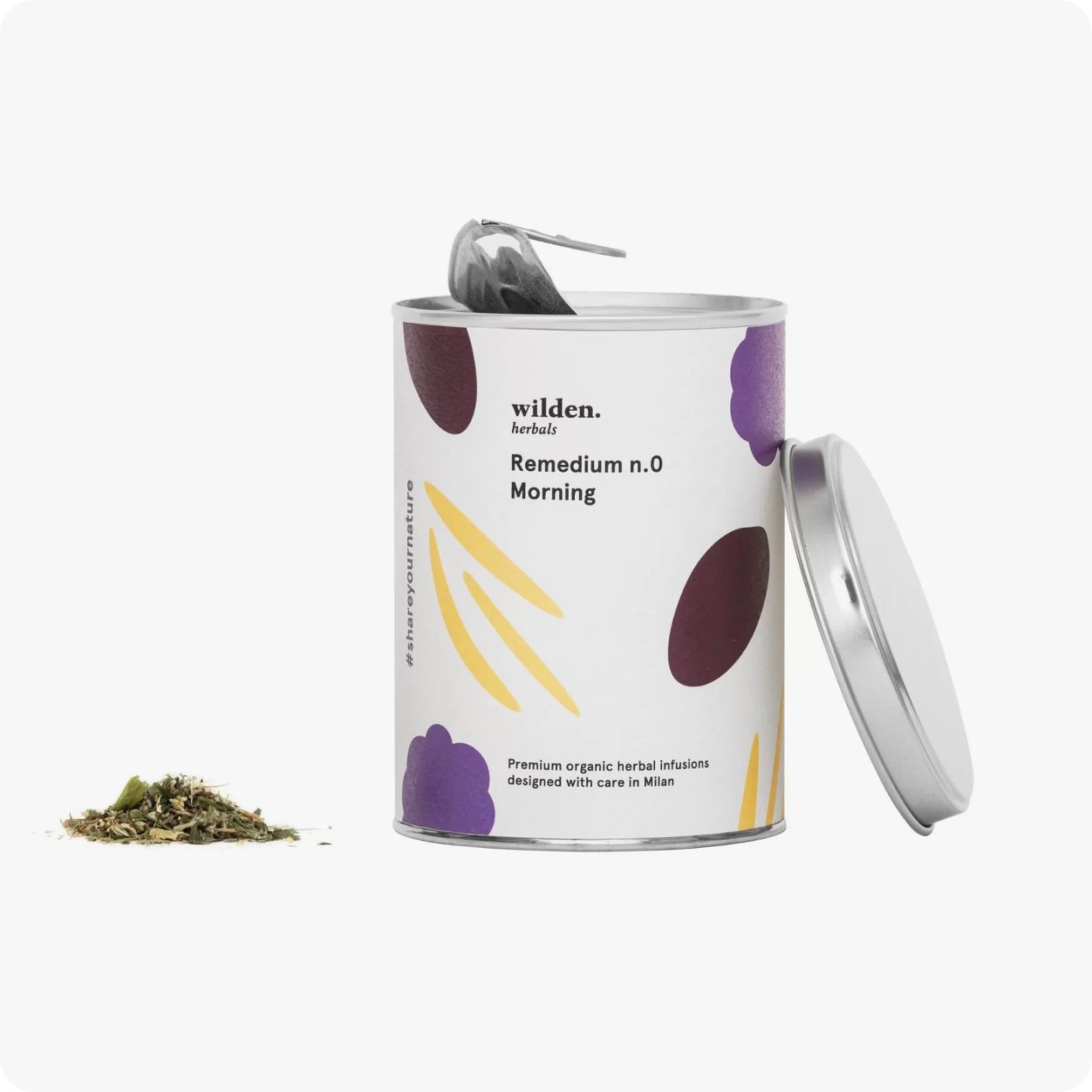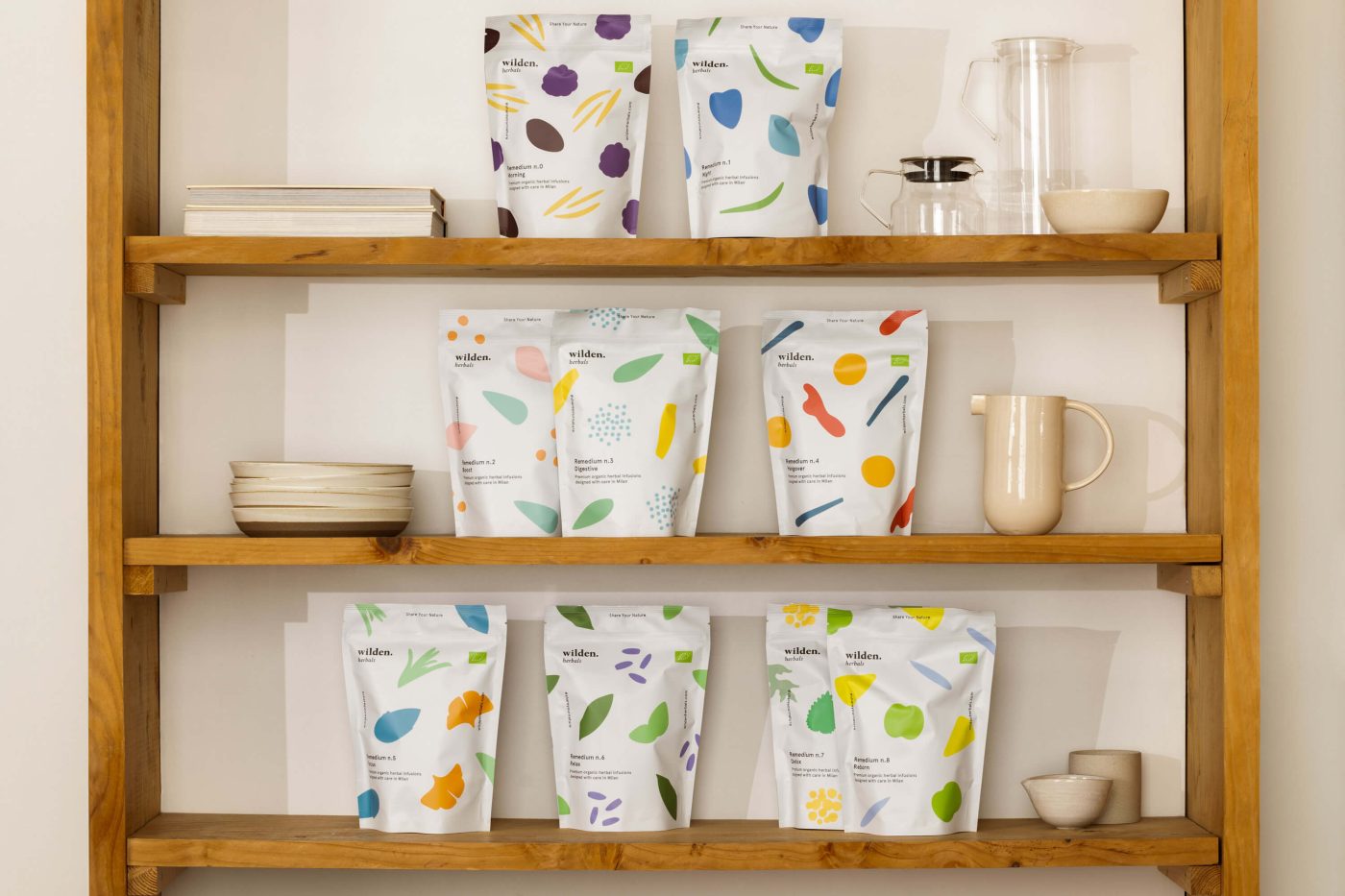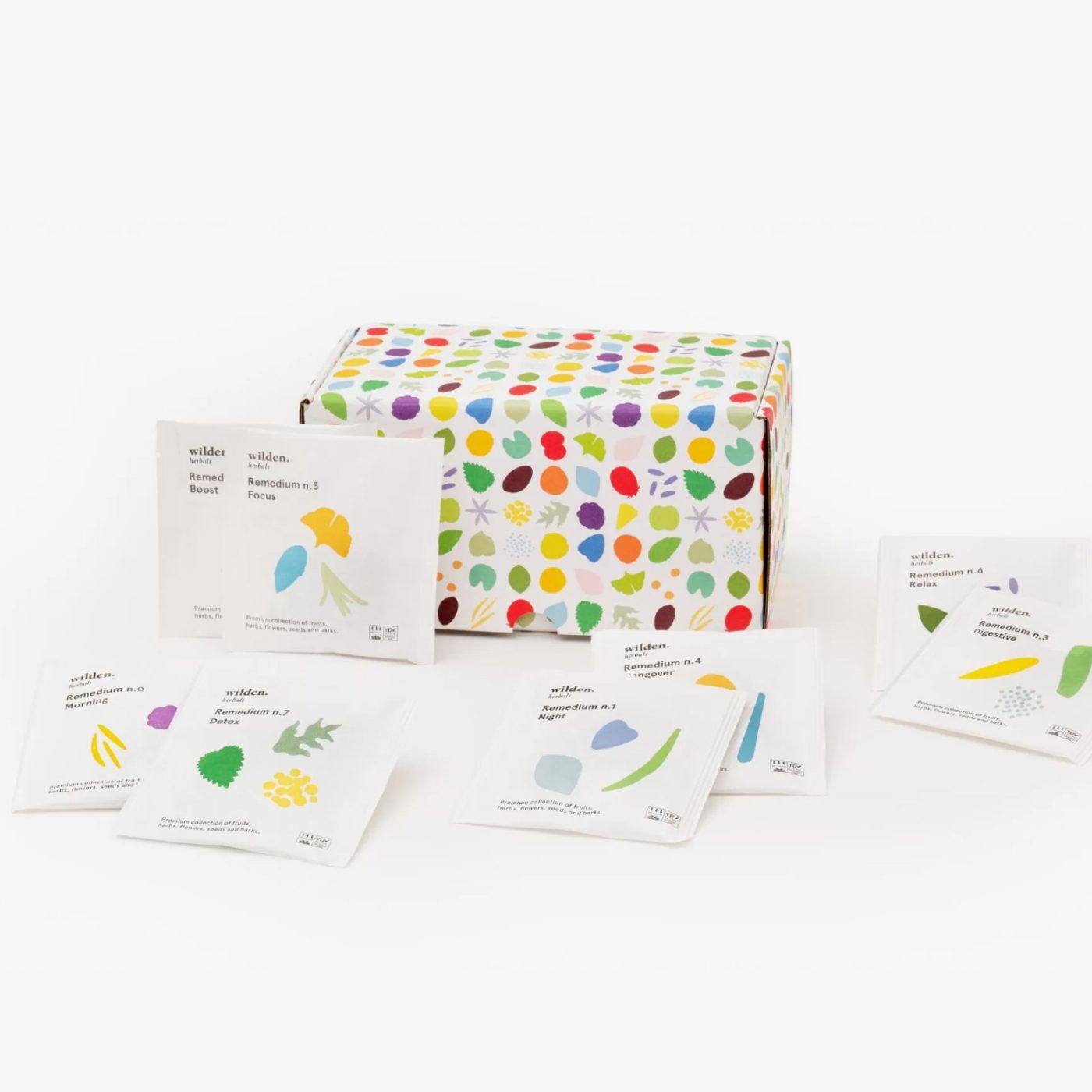Cultivate yourself: starting anew with mindfulness
An invitation, rather than a resolution, that proposed by MensCorpore. Nicola Castelli, one of its founders, talks today about the benefits of mindfulness and more...
This year just ended brought with it uncertainty and moments of confrontation with itself, unimaginable before 2020. How can mindfulness help us overcome them in a fruitful way?
Mindfulness, understood as the ability/possibility to bring gentle attention, enables us to relate to ourselves and reality. It is nonreactive, noncontrolling, nonmanipulative way that slowly makes peace with emptiness and silence, fundamental conditions for allowing the body-mind system to regenerate itself through spontaneous processes of integration and reorganization that we then perceive as well-being.
A piece of advice for those approaching this discipline…
Don’t think of it as a technique that will “magically solve all our problems,” but a simple opportunity to explore ourselves (and thus the world) by stopping taking ourselves for granted. Patience, trust and loving attitude are therefore very important ingredients.
What do you think is the challenge facing contemporary man in the future?
Absurdly, I think the challenge is and will be to take a few steps back, that is, to recover that sense of interdependence that we have lost along the way, the feeling of being concretely an integrated part of a larger System. To mend the tear that at some point led us to perceive ourselves as something other than what we call Nature. From this point of view, meditative practice I believe can be a valuable resource to help awaken our “biophilia”.

Tell us about your book, Cultivate Yourself, a vademecum for those who want to start on a path of self-exploration. Where did this text come from?
It stems from the desire to systematize the knowledge, experiences and collaborations gained through the MensCorpore project, an association that has been involved in health education for seven years. We identified 6 dimensions, that is, six Sources that contribute to generating that feeling of well-being I mentioned: Body, Heart, Mind, Food, Relationships, Environment.
Each of these is associated with a chapter containing some broader reflections and one or more fact sheets. All introduced by a kind of preparatory chapter and concluded with another one that declines the model presented within the three most important and widespread organizational contexts in our society: Schools, Corporations and Hospitals.
Also scattered within the book are links (via QR-codes) to audio and video tracks that allow for hands-on experimentation with the various proposals, as well as to web pages that elaborate on the many insights provided. In addition, each chapter has a dedicated bibliography to give the reader the opportunity to pursue it independently. In short, it is a kind of interactive map that you can adapt to your own needs. We are very proud of it and hope it will help, in such a complex era.
You can buy the book “Cultivate Yourself” here.

MensCorpore’s book 
Nicholas Castles
Plans for 2021?
We aim to develop dialogue with companies, which are going through a process of profound transformation.Specifically, we have identified developed the concept of wiseworking, a “wise” way of conceiving organizational systems based on 4 principles: Well-Being, Interdependence, Sustainability and Empathy. We have written things about it and are starting some concrete experiments.
Here, it would be wonderful if during the year 2021 we were able to start a multidisciplinary group, consisting of entrepreneurs, philosophers, economists, biologists etc., to carry out this applied research.
© Wilden.herbals and Nicola Castelli







